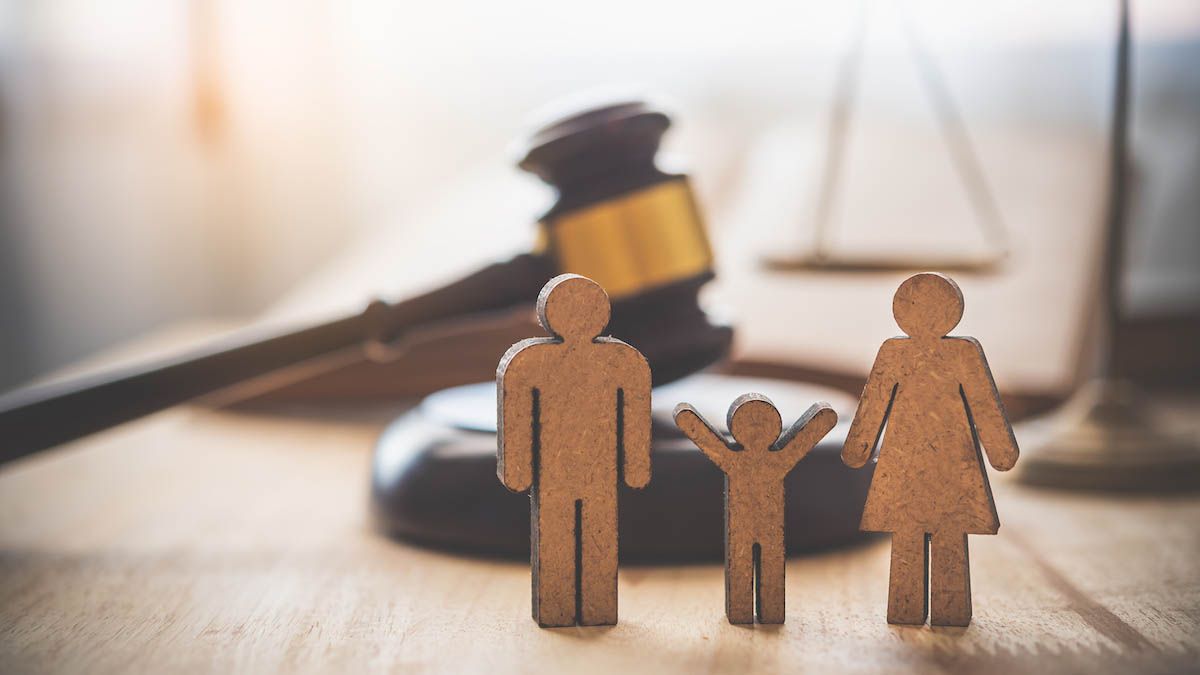How Does the Legal Process for Personal Injury Cases Work?
Personal injury cases can feel overwhelming, especially when dealing with the aftermath of an accident that has caused you physical or psychological harm. Understanding the legal process for personal injury cases is vital, particularly in Oregon, where specific timelines and procedures must be followed for a successful outcome.
This article will walk you through the legal process of filing a personal injury case, from the initial consultation with a lawyer to a potential trial.
Initial Consultation and Case Evaluation
The journey towards seeking redress for a personal injury should begin with an initial consultation with a knowledgeable attorney specializing in personal injury law. The legal framework surrounding personal injury cases offers several unique provisions important for anyone involved in an accident to understand. Working with an experienced law firm can eliminate any questions. At Warren Allen LLC, our experienced personal injury attorneys will work with you every step of the way, providing the knowledge needed to empower you to make informed decisions and seek rightful compensation.
During this pivotal first meeting, your attorney will delve into the details of the incident, assess the extent of injuries, and evaluate potential liability under Oregon law. This initial consultation sets the foundation for the legal strategy moving forward, guiding the injured party on the next steps to pursue their claim effectively.
Insurance and Liability
Following the initial consultation, the attorney initiates a thorough investigation to gather pertinent evidence following Oregon’s legal standards. This investigation may include obtaining medical records, scrutinizing accident reports, interviewing witnesses, and securing available surveillance footage.
Insurance plays a fundamental role in personal injury cases, often covering the defendant’s liability or offering a settlement to the plaintiff. Understanding the intricacies of insurance policies is crucial for both parties involved.
Auto insurance sometimes includes Personal Injury Protection (PIP), Uninsured Motorist (UM), and Underinsured Motorist (UIM) coverage. PIP helps cover medical expenses, lost wages, and other related cost, regardless of who is at fault. UM and UIM come into play when the at-fault driver lacks sufficient insurance or does not have insurance.
When injuries occur on someone else’s property, claims may be filed under business or homeowner’s insurance. These policies cover incidents like slips, falls, or other hazards-related injuries.
Worker’s Compensation Insurance provides essential benefits for employees injured on the job, covering medical bills and a portion of lost wages. Medical Malpractice Insurance, on the other hand, addresses negligence by healthcare professionals, covering costs from legal actions due to medical errors or faulty products.
Insurance companies use a formula to determine settlement offers, but initial offers may be lower than the claim’s actual value. Claimants must understand these dynamics to negotiate effectively, as insurers often propose a figure below what they are prepared to pay.
Insurance adjusters gather information to aid the company’s investigation but represent the insurer’s interests, not the claimant’s. Their goal is to settle claims at the minimum possible cost to the company, which might not align with the claimant’s needs for fair compensation. Working with a lawyer can help avoid pitfalls or errors when dealing with an insurance company.
What Happens Next?
Armed with compelling evidence, your attorney may draft a demand letter outlining the specifics of the case and the damages sought under Oregon law. This letter serves as a formal communication to the at-fault party or their insurance company, initiating the negotiation process.
In Oregon, negotiations aim to reach a fair settlement that adequately compensates the injured party for their losses while adhering to the state’s legal guidelines and precedents regarding negligence and fault.
Negligence is a fundamental concept in personal injury law, requiring proof that someone failed to exercise the care a reasonably prudent person would under similar circumstances. In Oregon, establishing negligence involves demonstrating four key elements:
- Duty of Care: Establishing that the defendant owed a duty to the plaintiff to act with care.
- Breach of Duty: Showing that the defendant failed to fulfill their duty of care.
- Causation: Linking the breach directly to the injuries sustained by the plaintiff.
- Damages: Proving that the plaintiff suffered actual damages due to the breach.
Oregon adheres to a modified comparative negligence rule, which impacts the compensation you can recover in personal injury cases. If you are found to be more than 50% responsible for the accident, you are barred from receiving any compensation. If your responsibility is less than 50%, your compensation will be reduced by your percentage of fault. For example, if you are 30% at fault and your damages amount to $100,000, you would receive $70,000.
Proving negligence requires substantial evidence. Essential documentation includes accident reports, witness statements, medical records, photographic evidence, and personal documentation (such as maintaining a journal detailing the impact of your injuries on your daily life). Understanding these principles can significantly influence the outcome of your personal injury case.
Litigation
The legal process formally begins with filing a complaint in court, marking your transition from an injured party to a plaintiff. The discovery phase of the court process involves exchanging information between the parties and can include depositions, document requests, and third-party interviews.
Before trial, mediation may be attempted to settle the dispute out of court. If mediation fails, the case will move to trial, where evidence is presented before a judge or jury. If the verdict is in your favor, the recovery process for damages begins.
Categories of damages are as follows:
- Nominal Damages: These are symbolic and awarded when no actual damage has occurred, but the principle of the matter is recognized.
- Compensatory Damages: These are intended to cover both economic losses (like medical bills and lost wages) and non-economic losses (such as pain and suffering).
- Punitive Damages: Awarded in cases of egregious wrongdoing, these are meant to punish the defendant and deter similar actions in the future.
Personal injury cases are fraught with complexities and demand meticulous attention to detail, highlighting the immense value of hiring professional legal assistance. Consider reaching out to Warren Allen LLC today for your free consultation; we have extensive experience and the knowledge to help you find the best outcome for your personal injury claim.









